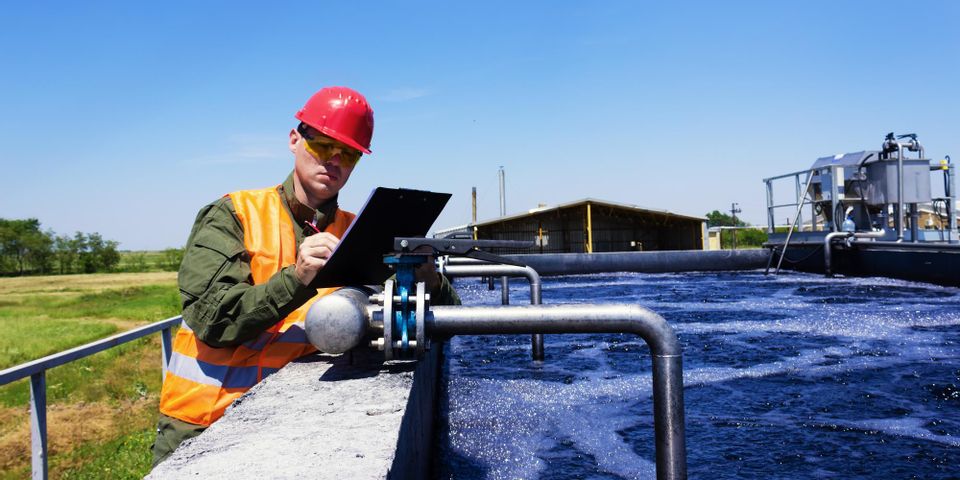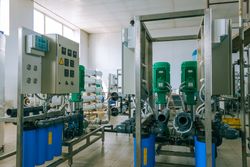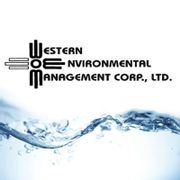What's the Difference Between Industrial Water Softeners & Water Filtration Systems?

While you may associate water quality with drinking water, this aspect is significant in many industrial processes. That’s why treatment systems like water softeners and filters are crucial when operating an industrial business. While both are necessary, these systems address different contaminants. Here is more information about how they differ to help you make the right selection for your needs.
Water Softeners
When water is “hard,” it has a high mineral content, typically containing calcium and magnesium. While these minerals aren’t toxic, they cause sediment to accumulate in pipes and appliances. This poses an issue in industrial settings, since the buildup can prevent your machines from working correctly. For example, restricted water flow will result in decreased efficiency and output. Hard water can also reduce the life span of equipment, such as boiler systems that provide steam power.
Water softeners target these minerals and remove them from your supply through a process known as ion exchange. Water enters a pressure tank that contains sodium resin beads. As it flows over the beads, the sodium molecules exchange places with the calcium and magnesium, which stick to the resin. This process allows “soft” water to pass through the pressure tank while the mineral molecules stay behind.
Water Filtration Systems
 While water softeners only target minerals, industrial water filtration removes many contaminants, such as arsenic, bacteria, chlorine, and pesticides. Removal of contaminants allows you to reuse unclean water sources, such as wastewater. This reduces your impact on the environment and saves money. It also prevents contaminants from damaging machinery, lowering the frequency of repairs.
While water softeners only target minerals, industrial water filtration removes many contaminants, such as arsenic, bacteria, chlorine, and pesticides. Removal of contaminants allows you to reuse unclean water sources, such as wastewater. This reduces your impact on the environment and saves money. It also prevents contaminants from damaging machinery, lowering the frequency of repairs.
Depending on your industrial needs, there are several different water filtration processes. For example, reverse osmosis filters water through a membrane that is pressurized on one side. This causes the water to flow through the membrane forcefully, removing impurities. This is a common strategy to remove salt from water.
Ultraviolet (UV) light can also remove impurities from water. UV light targets the DNA of microorganisms and destroys it, killing any bacteria so that the water is safe to use. While effective, UV purification can’t remove inorganic materials from water sources.
Whether you need a water filtration system or a water softener for your industry, working with the right company is necessary to ensure success. In Carlsbad, NM, Western Environmental Management offers a variety of water treatment services and has more than 30 years of experience. Whether you need reverse osmosis filters, demineralizers, or water pumps, they can help. Call (575) 885-5709 to schedule a free water analysis. Visit the website for the complete listing of services.
About the Business
Have a question? Ask the experts!
Send your question

